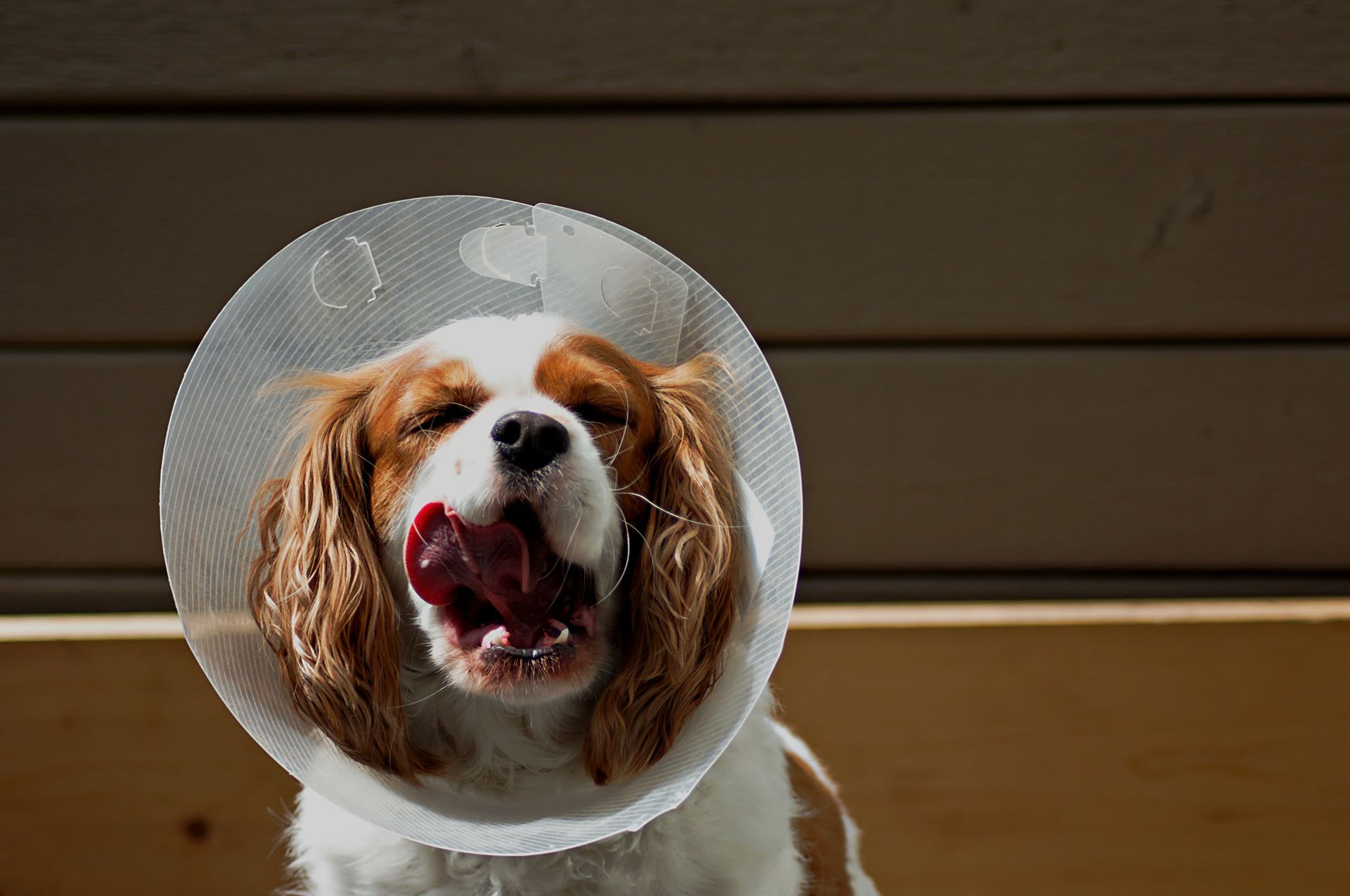My Experience Working in an Emergency Veterinary Clinic
The Job All Animal Lovers Dream About?
Veterinary clinics are full of cute fluffy pets, right? Yes. However, it isn’t always as lovely as it sounds. Working in a veterinary clinic is an amazing but heartbreaking job. Some days are full of lovely, happy, full-of-life pets that just need a booster or a six-month health check. But there are some days, the days you come home and cuddle your fur babies that tiny bit harder and mourn for the clients that you have unfortunately given devasting news to, shattered their worlds, and you’ll only understand their pain once you’ve experienced it too.

A Closer Look At Your Average Shift in an Emergency Vet Clinic
Working in an emergency veterinary clinic can be hard on your mental health but it is one of the most rewarding animal sector jobs. Arriving at 6pm and not knowing what the night ahead holds can be nerve-wracking and intimidating, but knowing you’re there to make the pets comfortable, and give them the treatment required while reassuring them and their owners, is worth every worrying thought. To mentally prepare before arriving at the clinic, I take a long but relaxing dog walk, somewhere I love and my dogs love. I take in my surroundings and remind myself how grateful we are that the dogs and I are healthy and enjoy every moment we spend together.
The nights usually start calm, with a few stable transfers from day clinics and the occasional unstable patient. Once those patients have arrived, they’re settled into their kennel for the night, with lots of comfy blankets and cuddles to welcome and reassure them. Their owners are reassured, and a treatment plan is created. The rest of the night is unpredictable; every staff member hopes for a quiet night, not because we’re lazy, but because a quiet night means there are no unwell pets, no difficult conversations with owners and breaking their hearts.
Not all days are quiet, some are complete mayhem, but they are usually the days you go home proudest. Picture this, two vets are working, one is in surgery performing an emergency c-section, and the other vet is dealing with the full waiting room. One of the nurses is assessing the waiting room, deciding which case is most severe and needs to be seen first, the other nurse is assisting with the c-section, ensuring the mum is doing well while under anaesthetic. One nurse assistant is preparing for an unknown number of puppies. Suddenly 10 puppies are passed through to the prep room, none breathing. Two hands and 10 puppies, it seems impossible, right? Nope. Before you know it one puppy has been revived, and onto the next. A few minutes later all the puppies are alive, and you have your hands full keeping them all stable and breathing. It sounds incredibly stressful and scary, but it is an amazing feeling. It doesn’t always end happily, but when it does, it’s a thrill and feeling you’ll never experience elsewhere. 10 beautiful screaming puppies hungry for milk.

Not all cases are severe and life-threatening at the time of arrival. Some clients arrive in a happy, excitable mood and don’t understand why they are here. This is usually the case with a dog that has eaten something naughty, like chocolate or raisins. They are so happy with themselves, just demolished a bar of chocolate, I’m sure we all know what it’s like to want something you can’t have. If this case is dealt with quickly by the vet, it is usually not life-threatening. However, once vomiting has been induced the dogs are not so happy and proud of their decisions, instead they are feeling very sorry for themselves. Before the vomiting, the happy wagging tails can turn a shift around and improve everyone’s mood.
You’d think that witnessing all the terrible cases at work would make you more relaxed when your dog is ill, but nope. I think you go into a state of panic because you know how severe some of the simplest illnesses can (BUT VERY UNLIKELY) be… There are emergency vets spread throughout the whole of the UK, if you’re ever unsure about the behaviour or symptoms your pets are displaying never hesitate to ask. You will never regret asking, but you would regret not asking.
One of the hardest parts of dealing with unwell pets is the lack of cross-species verbal communication. It would be much easier if you were able to just explain to them why they need to take the tablet or have the injection. If you could just explain to them that they have epilepsy and we can help them with medication. Just simply tell them they do not need to be scared and that we are going to help them. Although we can’t verbally explain everything to our pets, we can make them feel comfortable and reassured in various ways. The most important thing is ensuring your pet is comfortable with visiting the veterinary clinic. For a lot of pets, this is easier said than done. Unfortunately, it only takes one bad experience to put your pet off visiting the vet. To improve your dog’s happiness and confidence at the vet's you can try regularly walking past the clinic until they show no signs of stress or fear. The next step would be to approach the door but not enter. Eventually, you will be able to enter the clinic just for a weight check or a quick conversation with the receptionist to get your dog used to the environment. Tasty treats also help! From personal experience, the neutering process seemed to be very traumatic for my dog causing his fear of the clinic. We recently changed clinics and he is now much happier to enter the clinic, we even have a tail wag until the scales declare him overweight. Once your pet is comfortable entering the clinic their experience is going to improve massively. The next step to dealing with a vet visit is to educate yourself on the illness (please only use credible sources) and gather information from the vet regarding the best treatment going forward. Once you understand their needs you can ensure these are met in a way that is best for your dog. For example, if your dog is not a tablet taker, try giving them the tablet slyly so they’re unaware of the situation and don’t become stressed with the thought of taking a tablet.

Out-of-hours work can be truly life-changing. You learn to cope with the constant loss of life and suffering pets, it will never be easy, but we are there to make their visit or last moments comfortable and pleasant. We’re there to comfort the worried or upset owners, and that is the rewarding part.




Leave a comment